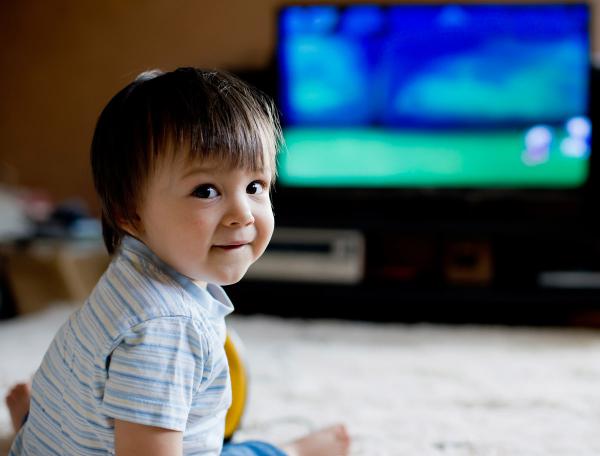TV: keeping watch!

Did you have battles over watching TV when you were young? These tips will help make watching TV a positive learning experience for your child.
Watch what your child watches
Make sure that you are comfortable with the values and content of the programs that your child is watching. TV program classifications can help you, as can websites which provide advice to parents. It can also help to preview programs before your child watches them, or watch them together. You could watch just the first few minutes of a show to see whether it is appropriate for your child.
Build on learning
Some TV shows can educate, inform and inspire. Encourage your child to choose shows related to their interests, or things they are learning at school, such as space, the environment or history. TV can be more effective than books for showing your child processes like how a plant grows or how an engine works.
Talk about it
Take an interest in the programs your child watches and ask about the storyline, or what characters might be feeling or thinking. Talking about TV shows can be a great way to develop your child's vocabulary, and their understanding of 'make-believe' and 'real life'.
Offer alternatives
Make sure the TV room also has some non-screen entertainment such as books, magazines, toys, puzzles and board games, so that it's easier to encourage your child to take a break from TV and do something else. Encourage your child to do outdoor activities too, such as dancing, running and jumping.
Develop guidelines
Decide what screen time guidelines will work for your family and the ages of your children. Some parents choose to ban TV on weekdays and save it for weekends. Ideally, keep TVs and other screens out of bedrooms (to promote better sleep) and turn off the TV during meals (to promote conversation). Having the TV off in the mornings can also help make the morning routine run a bit faster.








